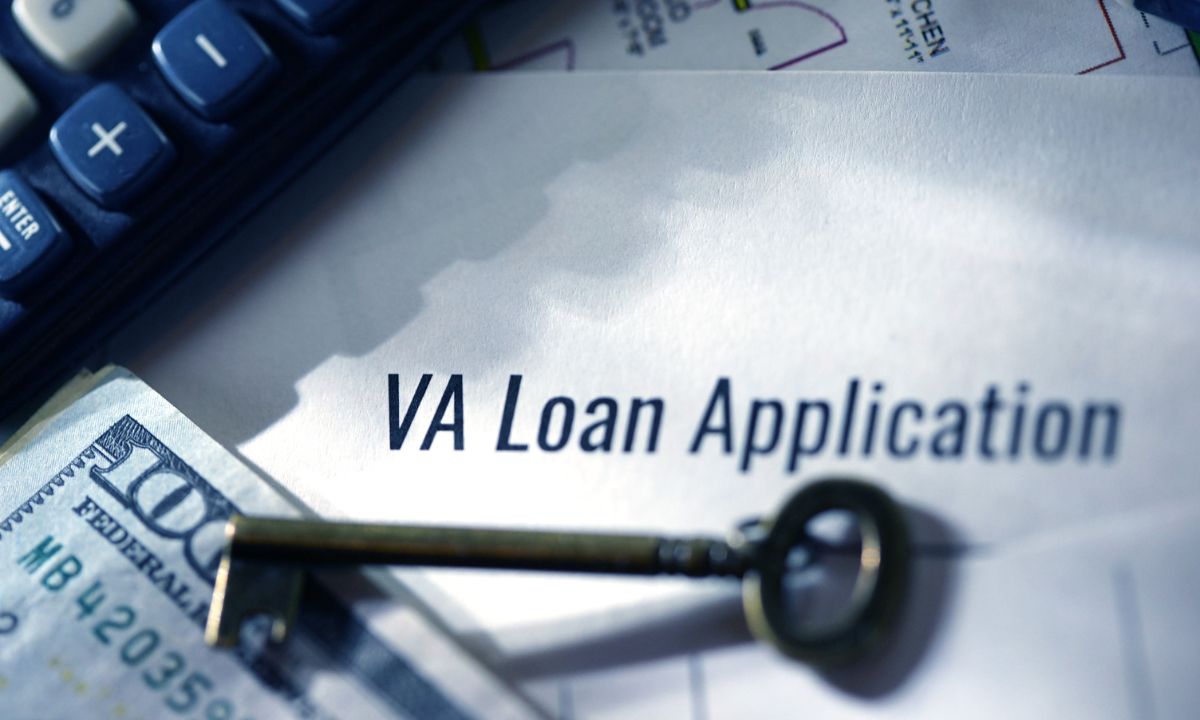 Are you a veteran or an active-duty military member considering homeownership? VA loans offer significant benefits tailored to meet the needs of veterans and service members. Here’s a concise guide to understanding the advantages and requirements of VA loans:
Are you a veteran or an active-duty military member considering homeownership? VA loans offer significant benefits tailored to meet the needs of veterans and service members. Here’s a concise guide to understanding the advantages and requirements of VA loans:
Benefits of VA Loans:
No Down Payment: One of the most significant advantages of VA loans is that they often require no down payment, making homeownership more accessible for veterans and active-duty military personnel.
Lower Interest Rates: VA loans typically offer lower interest rates compared to conventional mortgages, which can result in substantial savings over the life of the loan.
No Private Mortgage Insurance (PMI): Unlike many conventional loans, VA loans do not require private mortgage insurance (PMI), further reducing the overall cost of homeownership.
Flexible Credit Requirements: VA loans tend to have more lenient credit score requirements compared to conventional loans, making them accessible to a broader range of borrowers.
Assistance in Avoiding Foreclosure: The Department of Veterans Affairs provides support and resources to help veterans and service members avoid foreclosure, including loan modification options and financial counseling.
Requirements for VA Loans:
Eligibility: To qualify for a VA loan, you must be an active-duty military member, veteran, reservist, or National Guard member who meets specific service requirements. Spouses of service members who died in the line of duty or as a result of a service-related disability may also be eligible.
Certificate of Eligibility (COE): You must obtain a Certificate of Eligibility from the Department of Veterans Affairs to prove your eligibility for a VA loan. This document verifies your military service and determines the amount of entitlement you have available for the loan.
Property Eligibility: The property you intend to purchase with a VA loan must meet certain requirements set forth by the Department of Veterans Affairs. These requirements ensure that the property is safe, sanitary, and structurally sound.
Income and Debt Requirements: While VA loans are more flexible than conventional loans, lenders will still evaluate your income and debt-to-income ratio to ensure you can afford the mortgage payments.
Occupancy Requirement: You must intend to occupy the property as your primary residence within a reasonable period after closing the loan. VA loans are not available for investment properties or vacation homes.
VA loans offer numerous benefits and opportunities for veterans and active-duty military personnel to achieve homeownership with favorable terms and conditions. If you’re eligible, consider exploring VA loans as a viable option for purchasing your dream home. Make sure to consult with a knowledgeable lender experienced in VA loans to guide you through the process and help you make informed decisions tailored to your unique circumstances.

